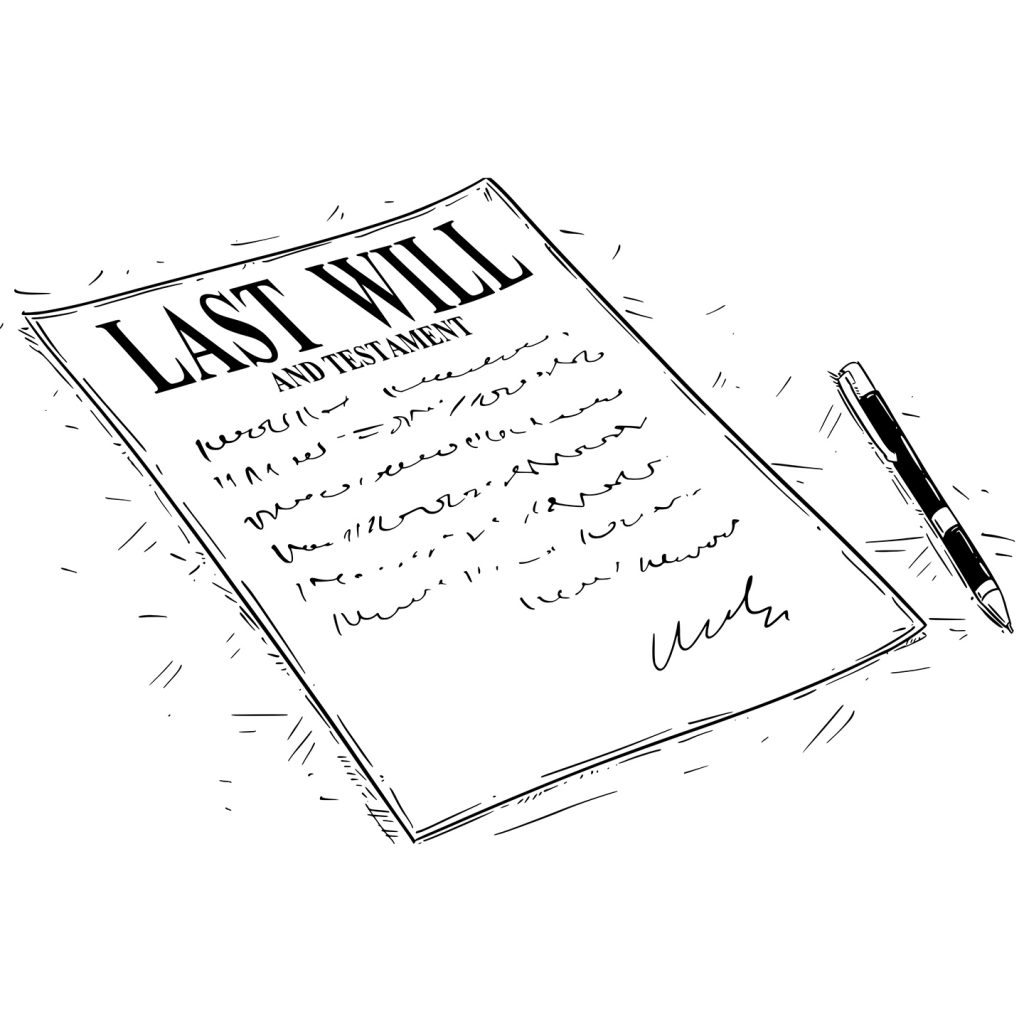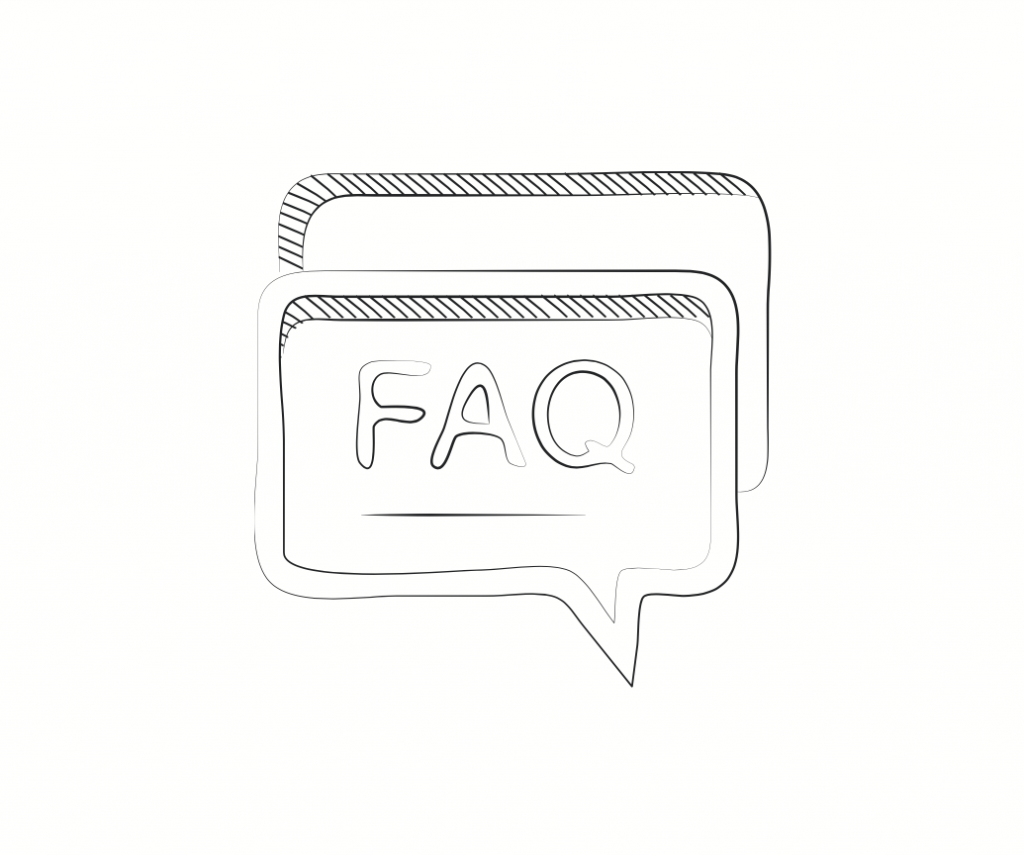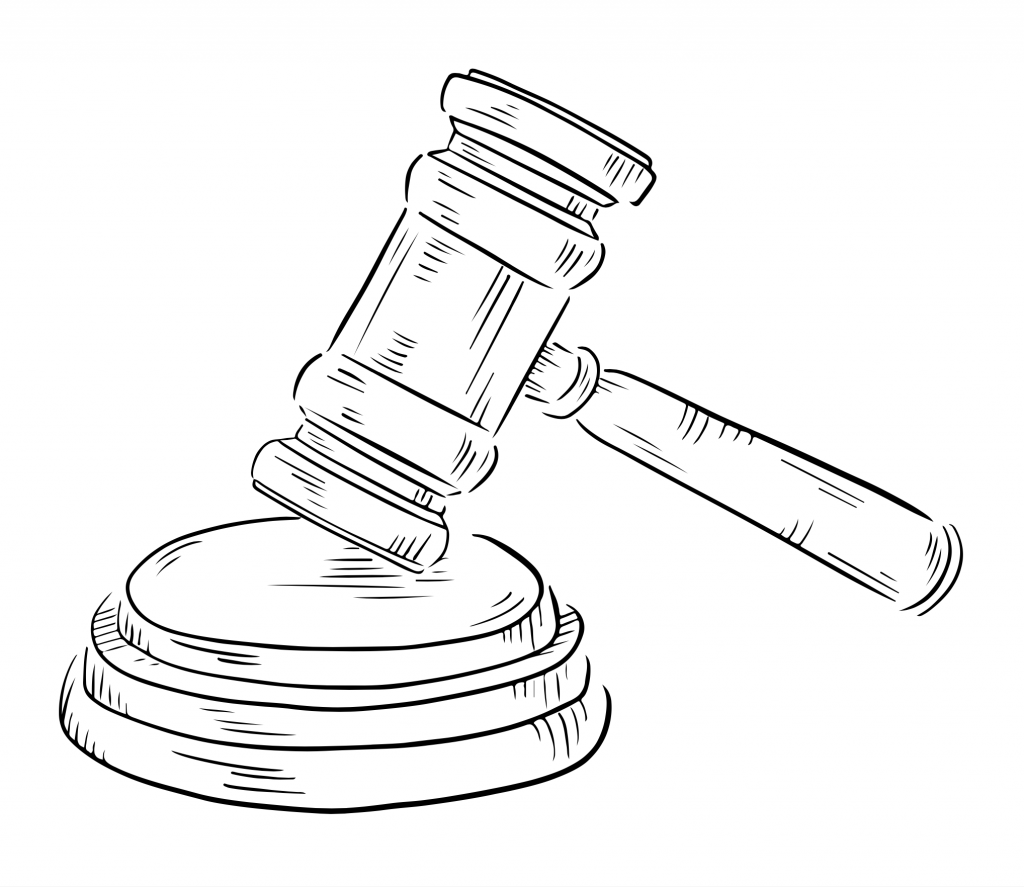What To Do When Someone Dies – A Guide
If you have just lost someone whether a friend or relative and you are wondering what the next steps are. This useful guide will take through the steps you need to consider and provide you with enough information to be able to carry out your duties as the Personal Representative of the estate.
Is there a Will?
The first step is to find out if there is a Will. The money, possessions and property of a deceased person are called their estate. If they left a Will, then this should specify how their estate is to be distributed. They may have left other instructions in a letter of wishes. Before doing anything else, look for their Will and any accompanying documents such as a letter of wishes.
If you cannot find a Will in their home, check if you can find a certificate of deposit, which is sent if the Will is kept by the principal registry of the family division. Even without a certificate of deposit, it is worth checking with the registry to see if they hold the Will. If they died in a hospital or care home, check if the Will was left with them. You can contact their solicitor, accountant or bank to see if they hold the Will. The Will may also be registered with Certainty the National Will Register, the Law Society’s endorsed provider of a national Will register and Will search service. You can pay for a search of Wills registered on their database.
What if there is no valid Will?
If the deceased person did not leave a valid Will, they have died intestate. There are laws, known as intestacy rules, governing how their estate should be distributed. Unmarried or divorced partners normally do not inherit anything under intestacy rules.
If there is a Will then this will state who has responsibility for dealing with the deceased’s estate. This person is called an executor. There may be more than one executor named in the Will and their role is to locate all assets, pay off taxes and debts and distribute the remaining assets to the beneficiaries named in the Will. Depending on the value of the estate the executor may need to apply for a Grant of Probate which is the legal process of proving the Will.
If there is no Will, the person dealing with the estate is called an administrator. This is usually a close relative, in this order of priority:
- 1. Spouse or civil partner
- 2. Children
- 3. Parents
- 4. Brothers or sisters
- 5. Other relatives (depending on who is entitled to the estate)
If any of these people die before the deceased, their children may apply. An administrator may need to apply for Letters of Administration again depending on the value of the estate. This applies if a Will does not name an executor, the executor has died, or is unwilling or unable to act. A Grant of Representation (Probate of Administration) cannot be issued to someone under the age of 18. The partner of the deceased cannot apply if they were not married or in a civil partnership at the time of their death.
Obtaining the Grant of Representation
To obtain the Grant of Representation you need to apply for a Grant of Probate or Letters of Administration through the Probate Service in England and Wales. It is possible to make an application personally. However, there are some circumstances when it is advisable to use a probate specialist as dealing with the administration of someone’s estate can take many months, depending on the complexity of their affairs. If you think of doing it yourself, make sure you can cope with the demands on your time.
Also consider that as an executor or administrator, you are legally responsible for:
- • Collecting the assets
- • Paying all liabilities including tax
- • Correctly distributing the estate
Simple measures to ensure you are protected as an executor or administrator are to advertise in a national and local newspaper for creditors, so you are not liable to someone turning up years afterwards making a claim on the estate. If you are not confident doing this yourself, then consider using a specialist.
Unfortunately, family disputes about who should take what assets, whether to sell assets quickly or hold out for a higher price do happen. Using a probate professional can avoid this problem.
When is probate needed?
Probate is almost always needed when the deceased’s estate includes property or land held in their own name or jointly as a tenant in common (when each owner has a distinct share that does not have to be passed to the other joint owner). If the deceased’s estate is worth less than £5,000, probate or Letters of Administration may not be needed. This is called a “small estate” and is dealt with via the small estate procedure which will differ with each institution.
To find out if assets can be obtained without a grant, you must write to each institution, e.g. bank, building society, etc informing them of the death and enclosing a photocopy of the death certificate. You should also check what other evidence they require before they will release any assets. Take copies if you are asked to send any original documents.
At a later stage, you may be asked to complete an indemnity form – this means you undertake to reimburse the institution if it is proved that someone had a stronger claim to the assets than you.
Depending on the requirements of the individual institutions involved, you may find it is more straightforward to obtain a Grant of Representation. There is no Probate Court fee if the estate is worth less than £5,000.
There are circumstances when it is advisable to use a probate specialist. For example:
- • The estate is over the Inheritance Tax threshold (currently £325,000) and is not exempt
- • There are issues with the Will (validity, capacity etc)
- • There is no Will and they were married with children and the estate was worth more than £250,000
- • The estate holds trust assets
- • The estate is insolvent (unable to meet its debts)
- • The Will does not provide for all dependents and a claim against the estate may be made
- • The estate includes foreign property
- • The deceased was not domiciled in the UK for tax purposes.
There are other expenses (like applying for the Grant of Probate) which must be paid up front but which are all recoverable from the estate.
If you are responsible for administering the estate it is important to correctly value this. You should include all their assets so everything that they owned at the date of their death including their property, personal possession, money, shares etc. You must then deduct their liabilities so any mortgage, loans, credit cards, car finance etc.
This will enable you to do two things:
- 1. Calculate the net value of the estate and allow you to pay any Inheritance Tax due on the estate
- 2. Arrange the distribution of the estate according to the Wil or intestacy
The value of the estate for tax reasons is quite often not the same as the value for distribution. When valuing the estate you need to know the market value of all of the deceased’s assets. For the property you should get a formal valuation. Where you are accounting to HMRC they recommend getting a formal valuation for all items over £500. When valuing joint assets you must ensure that you know how it was owned. If they were “joint tenants” then they were owned jointly and the surviving owner has an equal right to the whole asset and will pass to the surviving automatically regardless of what any Will or intestacy provides. If they are “tenants in common” then they can have owned joint assets in different shares. These assets do not automatically go to the surviving joint owner and can be passed through the Will or intestacy. The issue of ownership is most relevant to property and it is important to check at HM Land Registry as to how the property was held if you do not have access to the title deed. For joint bank accounts these are almost always held as “joint tenants” but the value is still included when calculating the tax due on an estate. t is simply the whole value divided by the number of joint owners.
Liabilities of the estate
The liabilities of the estate are also important and as the executor or administrator of the estate you are personally liable to meet any debts to the estate from the estate funds and can be liable if any of these are overlooked. When calculating the value of the estate you must include any debts the deceased had – this is the funeral account, mortgage, credit cards and any loans or finance. This is the case if these are joint or sole debts. This will then allow you to calculate the net estate for Inheritance Tax purposes.
Some assets though do not form part of the estate if they have been “written into trust” or “nominated” for someone else’s benefit. These will be paid directly to the beneficiary of the trust or the nominee which means that the value of these do not form part of the estate value for Inheritance Tax purposes. This is often the case for any death in service benefits as the employer will have discretion to either pay to a nominee or look at the family circumstances and choose the beneficiary themselves. They sometimes invite applications from the deceased’s family members to consider. Both pensions and life insurance are also treated in this way and will enable a large settlement to pass outside of the estate for Inheritance Tax purposes.
Inheritance Tax
Inheritance Tax is paid at £40% on everything over the current Inheritance Tax threshold of £325,000. There are additional exemptions when leaving assets to a spouse and if you are leaving a property to a direct lineal descendant (children, grandchildren) of up to £175,000.
Inheritance Tax is a complex area and the treatment of tax and the estate will differ if it is a taxable estate or a non-taxable estate and whether the deceased was domiciled in the UK or if he had foreign assets to deal with.
For this reason it is advisable to seek professional advice and here CKE Attorneys we know that finding the right probate specialist is sometimes difficult. There are many companies that offer estate services as do the banks. You need to carefully consider who you wish to appoint to assist you with administering the estate.
At CKE Attorneys all our staff are highly trained and can take you through this process every step of the way. We are transparent with our costs and we aim to provide a fixed fee quote based on the information you provide us with about the estate and the assets of which it is comprised.
If you would like to discuss how we can assist you, please call us on 7380 813659 or send us an email at info@ckeattorneys.com and a member of our Wills and Probate Team will contact you to discuss your requirements.
Latest Articles
Insights, events and opinions on the latest law, legislation and policies.
-
 Do I need a will if I’m under 50?Read ArticleIf you're someone that likes to weigh up the costs and benefits of something, then creating a will when you're under the age of 50 may not seem worthwhile. However, this consensus generally comes from the notion that wills cost hundreds of pounds to make - all whilst having an extensive meeting(s) with a lawyer.
Do I need a will if I’m under 50?Read ArticleIf you're someone that likes to weigh up the costs and benefits of something, then creating a will when you're under the age of 50 may not seem worthwhile. However, this consensus generally comes from the notion that wills cost hundreds of pounds to make - all whilst having an extensive meeting(s) with a lawyer. -
 Our Terms of BusinessRead ArticleThis document (‘Our Terms’ or ‘These Terms’), together with our ‘client care’ letter for each matter we work on, forms our entire agreement with you to provide legal services (‘our Agreement’). It is an important document and should be read carefully. If you are unsure of any part of These Terms you must contact us for clarification before we begin work for you.
Our Terms of BusinessRead ArticleThis document (‘Our Terms’ or ‘These Terms’), together with our ‘client care’ letter for each matter we work on, forms our entire agreement with you to provide legal services (‘our Agreement’). It is an important document and should be read carefully. If you are unsure of any part of These Terms you must contact us for clarification before we begin work for you.
